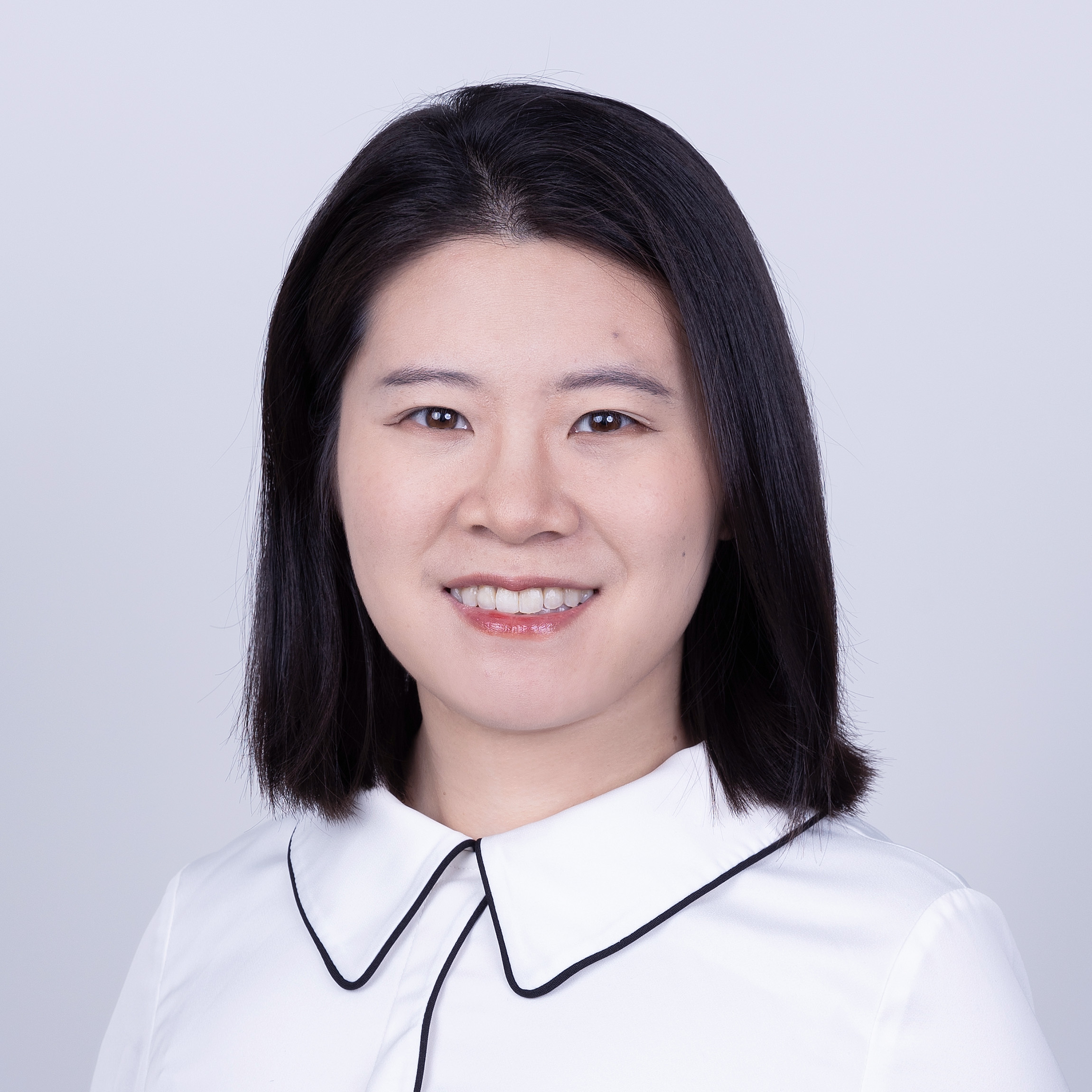
DATA8009 - Advanced Deep Learning for Computer Vision
Course Instructor

Professor Xihui LIU
Assistant Professor
HKU Musketeers Foundation Institute of Data Science and
Department of Electrical and Electronic Engineering, HKU
Professor Xihui Liu is an Assistant Professor at the Department of Electrical and Electronic Engineering (EEE) and the Musketeers Foundation Institute of Data Science (IDS), The University of Hong Kong. Before joining HKU, she was a Postdoctoral Researcher at UC Berkeley working with Prof. Trevor Darrell. She received her Ph.D. degree from Multimedia Lab, The Chinese University of Hong Kong in 2021 and her Bachelor’s degree from Tsinghua University in 2017. She has won several awards such as Adobe Research Fellowship 2020, MIT EECS Rising Stars 2021, CVPR 2021 Doctoral Consortium Award, WAIC Rising Star Award 2022, CVPR Outstanding Reviewers Award, and ICLR Outstanding Reviewers Award.
Course Description
This graduate course introduces basic and advanced topics in deep learning and its application in computer vision. We will discuss deep learning architectures including CNN, RNN, LSTM, and transformers, optimization and regularization of neural networks, and discriminative and generative models for solving different computer vision tasks, including visual perception for image, video, and 3D data, visual content generation, and recent advances in the field.
The course includes 3 hours of lectures per week. Assignments include both written exercises and programming exercises. A course project with a final presentation and a report is required for each student.
Prerequisites
We require students to have prior knowledge in linear algebra, statistics, and programming.
HKU IDS
Research Postgraduate Programme
DATA8009 - Advanced Deep Learning for Computer Vision (Application)
Course Description
This graduate course introduces basic and advanced topics in deep learning and its application in computer vision. We will discuss deep learning architectures including CNN, RNN, LSTM, and transformers, optimization and regularization of neural networks, and discriminative and generative models for solving different computer vision tasks, including visual perception for image, video, and 3D data, visual content generation, and recent advances in the field.
The course includes 3 hours of lectures per week. Assignments include both written exercises and programming exercises. A course project with a final presentation and a report is required for each student.
Prerequisites
We require students to have prior knowledge in linear algebra, statistics, and programming.


